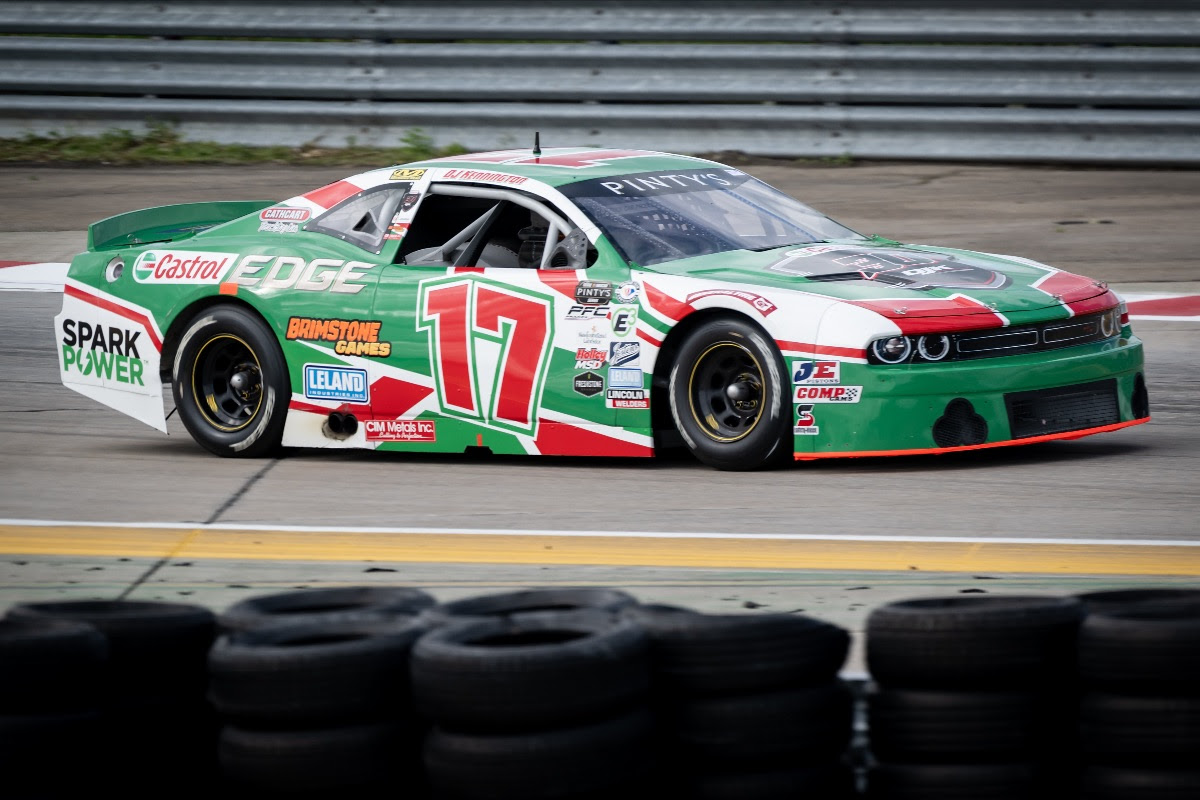The Diesel Particulate Filter (DPF) is essential in modern diesel engine vehicles. The DPF is responsible for reducing harmful emissions from the exhaust gasses. Also, it will ensure that your engine delivers better performance and improves fuel economy and efficiency.
However, when the DPF fails, you may experience engine stalling, higher emissions, and have to compromise your riding comfort. That’s why., you must know the causes and symptoms of DPF failure in your car.
The common symptoms of a failed DPF may include low power to the engine. Also, the DPF light will turn on and remain static. On top of it, the engine will be heated more frequently and emit harmful gasses.
Causes And Symptoms Of DPF Failure In Your Car
Undoubtedly, the DPF contributes to better engine performance and riding comfort for you. Sadly, your car riding experience may become a nightmare when it fails. So, you must be aware of the symptoms of a failed DPF to delete it and get a new one.
Low Engine Power (Limp Mode):
When the DPF system of your car fails, you will see a significant drop in engine power. The power loss can be as much as 25%.
It happens because, with time, the DPF becomes clogged due to excessive soot accumulation. As a result, the exhaust gasses cannot flow freely. The restricted flow results in a lack of power output from the engine. In such cases, the car may go into a “limp mode” to protect the engine from further damage, so you will have a hard time starting the car.
As it happens, you need to upgrade the DPF system. You must visit DPF delete shops to unmount the old one and install a new diesel particulate filter.
Trouble Starting Engine:
Over time, the DPF becomes severely blocked. Dust and soot accumulation will clog the filter tube. It can lead to difficulty starting the engine. The clogged filter will often create excessive back pressure. So, it will become challenging for the engine to draw the necessary air for combustion.
And with inadequate compression, the starting process may become sluggish. At worst, it may even fail altogether.
DPF Light Turned On:
Modern-day vehicles have the DPF warning lights on the dashboard. When the DPF fails or becomes blocked, this warning light will illuminate. Hence, the turned-on DPF light will indicate a problem with your car’s diesel filter.
You mustn’t ignore this warning. Or it can severely damage the engine and other emission control components. As it happens, your car will emit harmful particles that genuinely indicate a failed DPF in your vehicle. Also, it will be harmful to the environment.
Reduced Fuel Economy:
A failed or clogged DPF can impact the fuel economy of your car. The restricted exhaust flow will cause poor combustion efficiency. So, it will force the engine to burn more fuel than necessary. It can lead to 10% to 15% more engine burns.
Moreover, the increased fuel consumption will lead to reduced mileage. It will ultimately affect your wallet, especially with the increased fuel price worldwide.
Smell of Burnt Diesel:
When the diesel particulate filter fails, the exhaust gasses return to the engine compartment instead of going outside. It will burn the diesel more, and you will sense a strong smell of burnt diesel inside the car.
What’s more, the smell may indicate that the DPF is overheating. Also, the burnt diesel smell may be a sign of other problems with the diesel injection system. So, when you experience such burnt diesel, act quickly to fix the DPF system.
Black Smoke From Exhaust
One of the most visible signs of DPF failure is the emission of black smoke from the exhaust. It occurs as the filter becomes overwhelmed with soot.
Henceforth, it cannot effectively trap and burn off the particulate matter. As the particulate matter remains with the combustion, the engine will emit black smoke. So, the black smoke indicates that the DPF is not functioning correctly. The black smoke will also harm the environment, so that you may be fined in traffic.
Conclusion:
The DPF is crucial to reduce harmful emissions from diesel vehicles. However, it can fail for various reasons, such as excessive soot buildup or malfunctioning components. The failed DPF will harm the environment and your car’s engine performance.
Thus, you need to recognize the symptoms of DPF failure, such as low engine power, difficulty starting the engine, and illuminated warning lights. You need to focus on regular maintenance and proper usage of your car’s DPF and diesel system to prevent DPF failure. It will further ensure the longevity and performance of your car.







